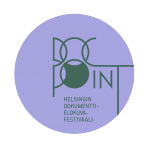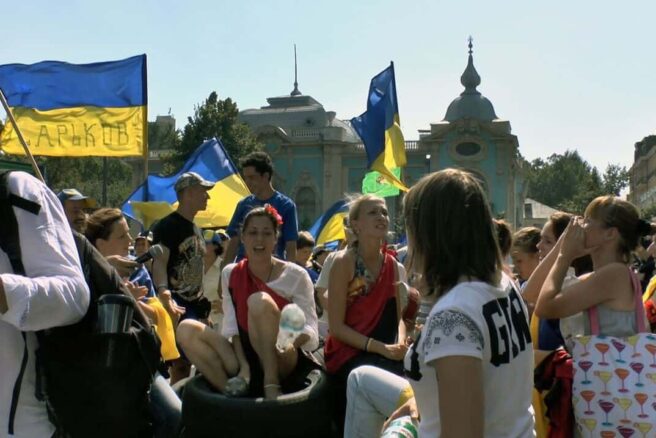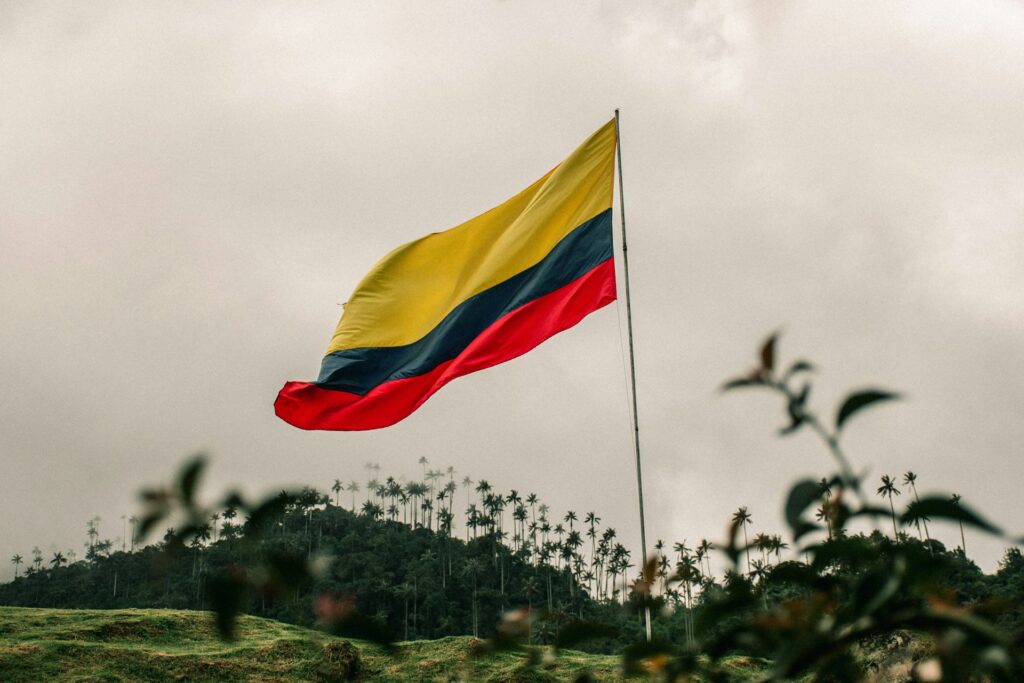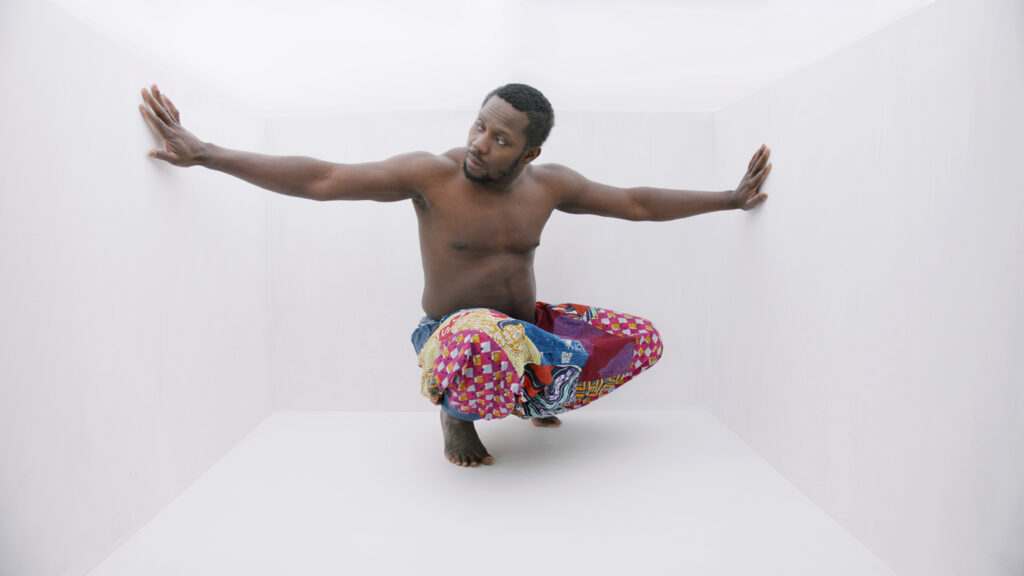The Trial: The State of Russia vs Oleg Santsev
Directed by Askold Kurov (2017)
The Distant Barking of the Dogs
Directed by Simon Lereng Wilmont (2017)
Two documentaries, The Distant Barking of Dogs and The Trial, shed light on the situation in Ukraine. Four years down the Euromaidan Revolution, Ukraine and Russia stand strong in claiming their ‘truths’ on major turning points of the countries’ modern history, the annexation of Crimea and war in Donbas.
“I don’t know what the point of having principles is if you are not prepared to suffer or even die for them” (Oleg Sentsov, 2014).
Four years down the Euromaidan Revolution, Ukraine and Russia stand strong in claiming their ‘truths’ on major turning points of the countries’ modern history: the annexation of Crimea and war in Donbas. Political repressions or physical extermination of the population of these regions are recorded by both the local and international observers. Yet, explicit exposure of commonality of such occurrences remains rare. The prominent poet and former member of the Ukrainian parliament, Ivan Drach, explains such entrenchment of silence by massive public fear.
Two films at the DocPoint festival, Simon Lereng Wilmont’s documentary, The Distant Barking of Dogs, and Askold Kurov’s work, The Trial: The State of Russia vs Oleg Sentsov recording the triumph of human dignity over the plaque of such fear. The viewers of both films are given unique opportunity to draw personal conclusions on methodology and reasoning of such fearless life.
The viewers of both films are given unique opportunity to draw personal conclusions on methodology and reasoning of such fearless life.
The protagonists of these documentaries are both named Oleg. Wilmont’s main character, Oleg, is a ten-year-old boy who lives in eastern Ukraine in a village called Hnutove — a warzone undergoing continuous military strikes. By choice of his grandmother, he remains at his native village and learns to live, conquer and at times simply hide his trembling.
“We are men. We have to endure everything,” says Oleg to his friend Kostya in The Distant Barking of Dogs.
The other film presents Oleg Sentsov, 41, a Ukrainian film director and Euromaidan activist who was born in Simferopol, Crimea, and is best known for his film Gaamer (2011). In May of 2014, Sentsov was arrested by Federal Security Service of the Russian Federation and was charged with leading an anti-Russian terrorist movement. He was accused in planning attacks on power lines, bridges and a monument of Lenin during the Russian annexation, and is now serving his 20 years’ imprisonment in Siberia.
The Trial takes the viewer into both private and public realm of Sentsov, where he, his family and distant circle of friends have an opportunity to peek into how the Russian state actually operates. As Variety defines, “…it leaves you with a shuddering wind of chill”.
When asked if he considers himself a Ukrainian filmmaker, Sentsov replies “of course, I am a citizen of Ukraine. I am Russian by nationality and live in Crimea” (The Trial, 2014). Active participant of the Euromaidan revolution, Sentsov chooses to stay at his place of birth, the Crimea. Similarly to the 10-year-old boy Oleg from Donbas, remaining faithful to his homeland has several consequences to Sentsov’s life: threat to his physical and emotional well-being, as well as that of his family and close circle of friends.
“But we are not moving. Like we say in Ukraine, ‘every dog is a lion in its own home,’ says grandmother of little Oleg (The Distant Barking of Dogs, 2017).
Discussing his film at the Danyliw Research Seminar on contemporary Ukraine in Ottawa, Canada, in November of 2017, Kurov, director of The Trial, expressed his shock about how fabricated Sentsov’s case was. At the same time, he emphasized the importance of Sentsov’s words stated at the final speech of his trail: “Learn not to be afraid.”
Given that “neither the judges nor the state [are caring] about how fake the whole situation is, one cannot help Oleg,” says Kurov in Ottawa. Main characters of The Distant Barking of Dogs (2017) are also left alone, “caught between two fires”, as the Grandmother of the boy describes. They cannot explain the framework where they are bound.
When asked on how The Trial got funding, Kurov replies: “It was the most difficult thing because we could not find any funding in Russia and even in Ukraine… We raised money with the help of our co-producer in Poland, from the Polish Film Institute”. As such, the film has virtually turned into a ‘post-Soviet’ production, as it was funded and widely supported by Poland, Estonia and other post-communist states. Within such circumstances, “the only thing one can do is to take a camera and make this document.”
And though he “[does] not believe that some movie can change the situation,” Kurov continues, “[he] still believes that a movie can change a person who can then influence the course of history.”
Begin present at the Danyliw Seminar as a Canadian-Ukrainian researcher working on Ukraine, it was particularly powerful to hear the discussion of Kurov’s work in North America: the author of the documentary about powerlessness of an ordinary citizen within modern Russian state was still capable of traveling freely and reaching the audience in the West.
The fact of Kurov participating at the Ukrainian studies seminar and showing his documentary in Canada was almost a paradox in itself. When asked “whether he was not afraid to be next,” Kurov replied that “probably, the list [was] still too long and [he] should be fine.”
Similar to the Danyliw Seminar, DocPoint offers unique space where such collision of two types of ‘freedoms’ is possible—the freedom of speech of western society and that of immense desire for dignity and liberation of the post-Soviet space
DocPoint offers unique space where such collision of two types of ‘freedoms’ is possible—the freedom of speech of western society and that of immense desire for dignity and liberation of the post-Soviet space.
Watching the two films, I felt that it is important to accentuate the degree of awareness of Sentsov and grandmother of Oleg (and thus, little Oleg) in Donbas who, put into the situation of both physical and emotional turmoil, make the decision to stay and carry on with their lives.
It is not by choice that ten-year-old Oleg and his family are unable to sleep, or eat, and are shaking under the shellfire. Neither is Sentsov’s family in Crimea has chosen to wait for a call from Moscow (and now Siberia) as to have a short talk with their son, brother or father.
Unfortunately, what both of these films illustrate is that, despite the fact that Ukraine has chosen its path towards Europe and Russia is seen to follow its own, ‘independent’ course, ordinary citizens of the post-Soviet states remain caught between fires of big political games. It becomes up to families, friends or passionate artists and activists like Wilmont, Kurov and many others as to stand up and voice their life ‘scenarios.’
To borrow again from Kurov’s talk in Canada: “I have a feeling that we are doing something in vain. But… I do believe that we must do something. To keep doing this.”
Today, as the world is witnessing the formation of ‘European Ukraine,’ ‘new Russia,’ or, as Kurov puts it, ‘new Soviet Union,’ the camera of an artist offers space for production of personal realism. What would one fill it with—fear or mutual reliance?
Arguably, the practice of transitioning from state of helplessness to that of hope, while hiding at the bomb shelter or facing political show trial, becomes but another critical process of daily meaning-making.
 DocPoint Helsinki Documentary Film Festival takes place on Jan 29th – Feb 4th 2018.
DocPoint Helsinki Documentary Film Festival takes place on Jan 29th – Feb 4th 2018.
Anna Kutkina is a PhD candidate of the University of Helsinki and a Doctoral member of the Aleksanteri Institute conducting research on socio-political developments of post-Euromaidan Ukraine.




